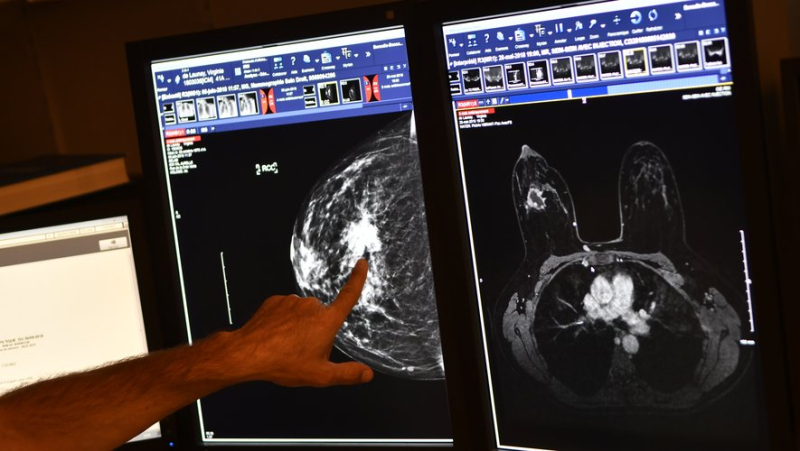“A worrying increase”, the most frequent cases, mortality: what we learn from an annual study on cancers in France

Les dépistages restent essentiels dans la lutte contre la maladie. Midi Libre – SYLVIE CAMBON
Première leçon : les cancers du poumon et du pancréas connaissent une hausse inquiétante chez les femmes, selon ce panorama annuel rendu jeudi.
This is one of the major lessons from the 2024 panorama of the National Cancer Institute (Inca), published on Thursday: lung cancers (+4.3% per year) and pancreatic cancers (+2.1% per year) are experiencing “a worrying increase” among women over the period 2010-2023.
While among men, the most common cancers (prostate, lung, colorectal) are in a phase of stabilization, or even decline, a “rather encouraging situation”.
The explanation is simple: tobacco consumption has “started in the 1970s/80s in women”, later than in men, which explains this contrasting evolution.
What are the most common cancers ?
In men, prostate cancer (59,885 cases), lung cancer (33,438 cases) and colon and rectum cancer (26,212 cases) remain the most common.
In women, breast cancer is the most common (61,214 cases), colorectal (21,370 cases) and lung (19,339 cases). But, above all, in this France which sees its population swelling but also aging, with lifestyles which often put organisms to the test, the incidence of cancers has increased over the last twenty years, to the point of exceeding 433,000 new cases last year, according to one estimate.
Between 1990 and 2023, the number of new cases of cancer has even doubled, with an increase of 98% in men and 104% in women.
The leading cause of death in men
The picture is not completely bleak, however: while cancers are more numerous, mortality has generally declined. This is due, in particular, to earlier detections and to progress made in the treatments offered to patients.
But, here too, inequalities appear: this decrease in the number of deaths caused by cancers is more obvious among men.
The explanation: “earlier diagnoses and significant therapeutic advances among the more common cancers”, the institute specifies.
The importance of screening
To fight more effectively against the disease of the century, the institute therefore advocates, in particular, for greater involvement of the population in national screening programs. Cancers remain the leading cause of death in men, the second in women after cardiovascular diseases.
They are responsible for more than 162,400 deaths in France each year.




